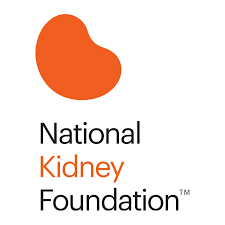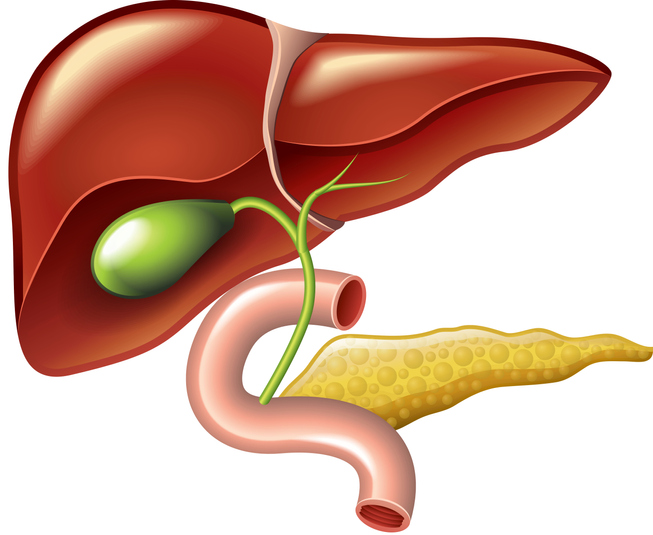“Improving clinical outcomes for people with kidney disease results in lower costs for health plan partners, according to Cricket.
Today, Cricket Health closed an $83.5 million Series B funding round led by Valtruis, which will enable Cricket’s expansion to support demand for its care model for people with kidney disease.
Blue Shield of California made a strategic investment of an unspecified amount. The round also includes existing investors Oak HC/FT and Cigna Ventures, as well as K2 HealthVentures.
The expansion will improve clinical outcomes for people with kidney disease, resulting in lower costs for health plan partners, according to Cricket. In both Texas and California, across commercial and Medicare Advantage health plan partnerships, Cricket Health said it has shown improvements in key clinical measures for its populations living with kidney disease.”
Read more, here.








